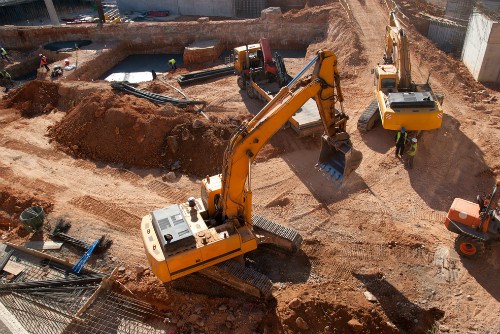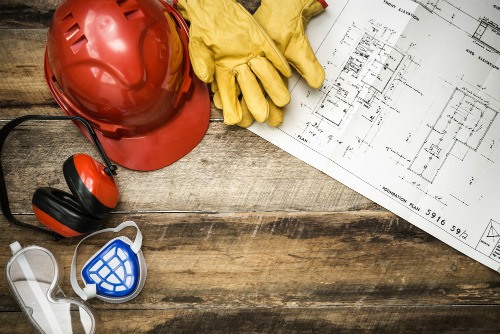Construction Disputes Overview
Construction Law Topics
C ontract disputes between a construction company or contractor and a customer happen all too often in the construction industry. These disputes often happen because of work delays, unsatisfactory work, or disputed/delayed payments. Construction disputes often lose both parties significant amounts of time and money, and in many cases the expense of pursuing and resolving these disputes is far more than the amount at stake. Whether you’re a contractor or a property owner who’s entangled in a contract dispute, a construction lawyer at Dawson Law Group will be able to help you pursue your claim efficiently and cost-effectively. Give our experienced and knowledgeable construction attorneys a call at (503) 919-1315for a free and confidential phone interview. We will get to know you, hear your side of the story, go over your contract with you, explain to you your legal options, and come up with a plan for moving forward.
ontract disputes between a construction company or contractor and a customer happen all too often in the construction industry. These disputes often happen because of work delays, unsatisfactory work, or disputed/delayed payments. Construction disputes often lose both parties significant amounts of time and money, and in many cases the expense of pursuing and resolving these disputes is far more than the amount at stake. Whether you’re a contractor or a property owner who’s entangled in a contract dispute, a construction lawyer at Dawson Law Group will be able to help you pursue your claim efficiently and cost-effectively. Give our experienced and knowledgeable construction attorneys a call at (503) 919-1315for a free and confidential phone interview. We will get to know you, hear your side of the story, go over your contract with you, explain to you your legal options, and come up with a plan for moving forward.
Construction Disputes Overview
Most of the time, construction contracts will have provisions on how disputes are resolved. Litigation is often seen (rightfully so) as expensive, complicated, and time-intensive. Typical construction contracts will call for alternative means of conflict resolution to settle contract disputes. Most commonly, those methods are arbitration and mediation. However, in cases involving mechanic’s liens, litigation is needed in order to resolve the issue.
Mechanic’s Liens
A claim involving a mechanic’s lien requires court involvement for enforcement. Mechanic’s liens are methods used by contractors, sub-contractors, and other working on improving real property to ensure they are paid for services and work performed and materials provided. A mechanic’s lien can be attached to the property when work is performed and materials are supplied, and remains attached until payment is made. If payment is not made, the contractor or subcontractor has the right to initiate court proceedings to enforce the lien. If the mechanic’s lien is not resolved or settled before final judgement, then sale of the property may be required in order to pay for materials and for services rendered.
There are rare cases when subcontractors are not compensated or are not satisfactorily compensated by the general contractor for their work. In cases such as these, the property owner may be forced to settle the compensation issue in order to have the mechanic’s lien removed from their property. However, property owners in these situations are not always stuck footing the bill; often, if a property owner takes care of a general contractor’s payments and other responsibilities, they have the option of filing suit in order to recover their costs.
Arbitration
A
Decisions reached in the arbitration process can be made binding on the parties if they so agree. Many construction contracts require binding arbitration. If you have agreed to binding arbitration, then in most cases the courts will not overturn the arbitrator’s orders unless they are off-base and lacking in any legal foundation.
Mediation
Mediation is another common dispute resolution method, although much less commonly used in the world of construction than arbitration. Mediation differs from arbitration in that it isn’t like a trial. Instead, the goal of mediation is to facilitate a mutually agreeable settlement from both parties. Mediators, like arbitrators, are usually neutral parties. However, mediation proceedings differ from arbitration hearings in that no one makes a decision on who is right or wrong at the end; the goal of a mediator often is to help both parties find common ground for agreement in order to settle the dispute.
Talk to a Construction Lawyer Today
If you are a property owner, contractor, sub-contractor, or another party involved in a construction dispute, then we invite you to get in touch with Dawson Law Group at (503) 919-1315 for a free and confidential consultation. Construction disputes can become complex, time-consuming, and expensive ordeals. No matter if your dispute will need to be resolved by traditional litigation, arbitration, or mediation, you should consult with an attorney who can best help you explore your options and pursue your claim in a way that protects your best interests. Let Dawson Law Group fight for you- give us a call today and we would be more than happy to answer your questions.


